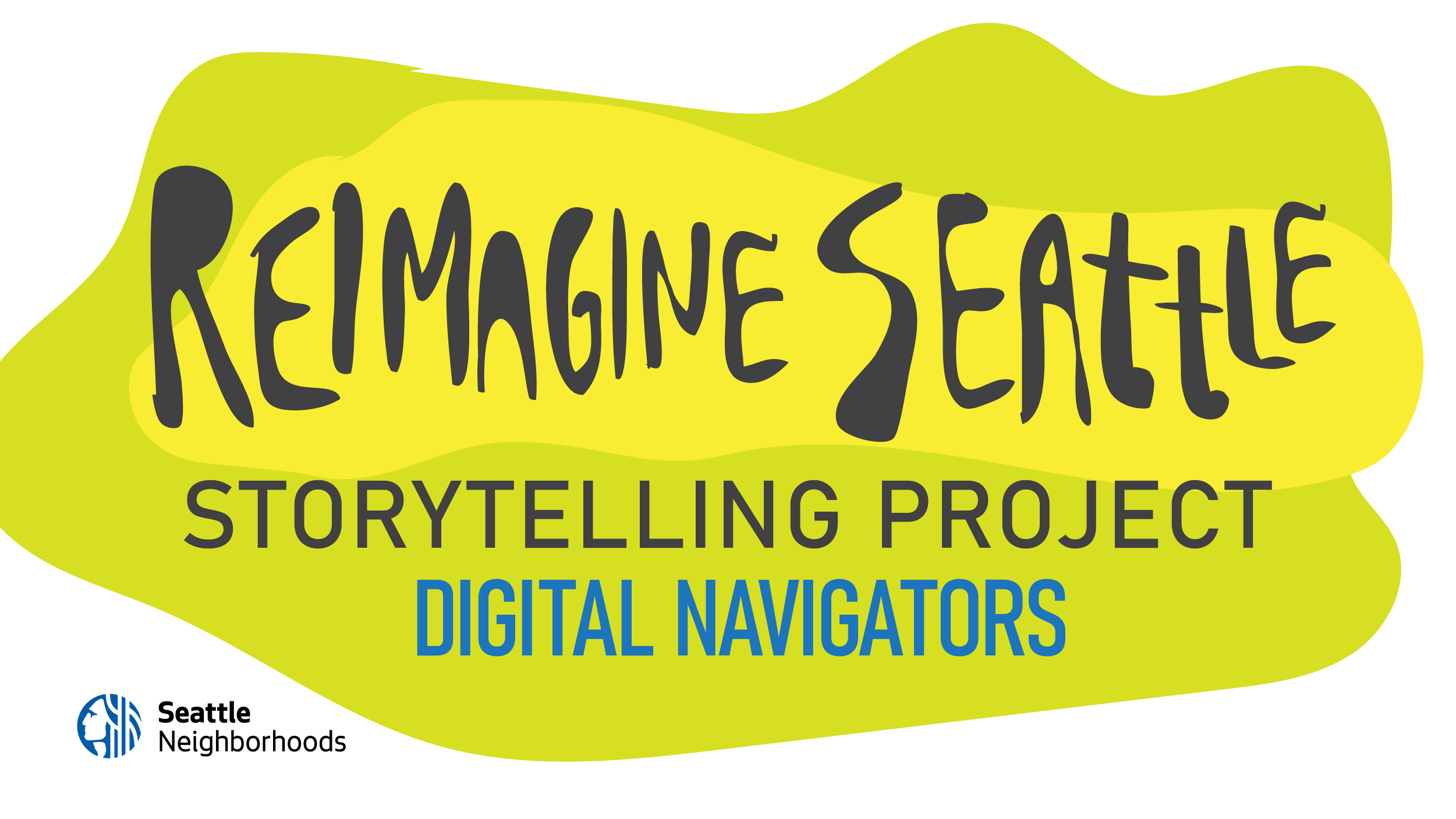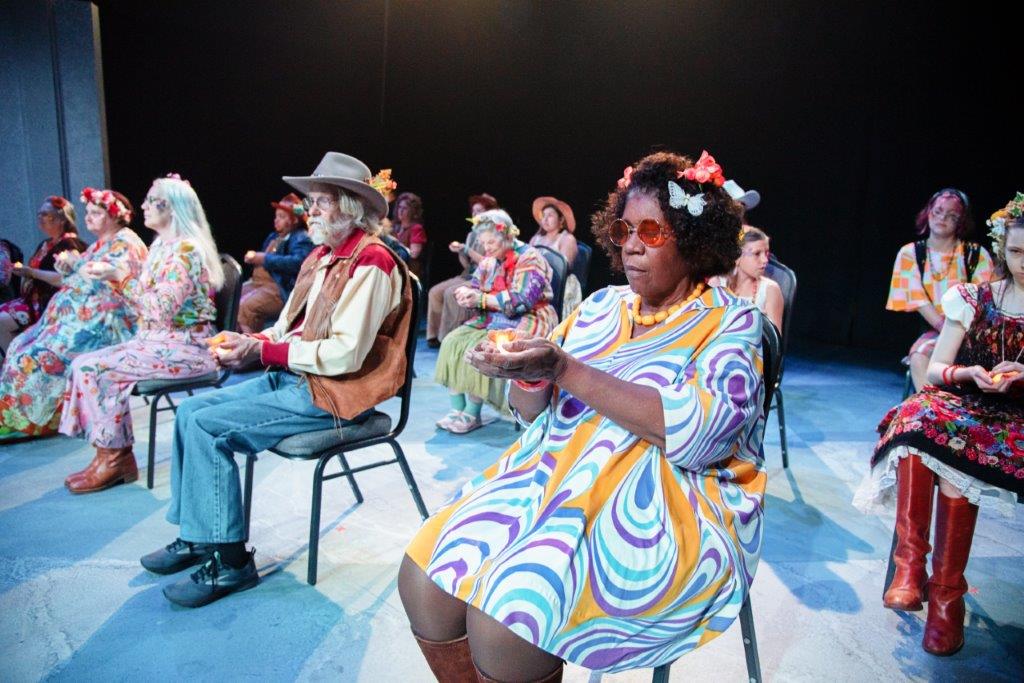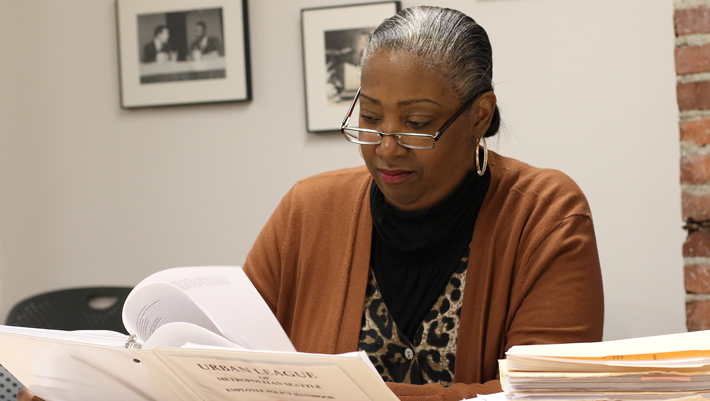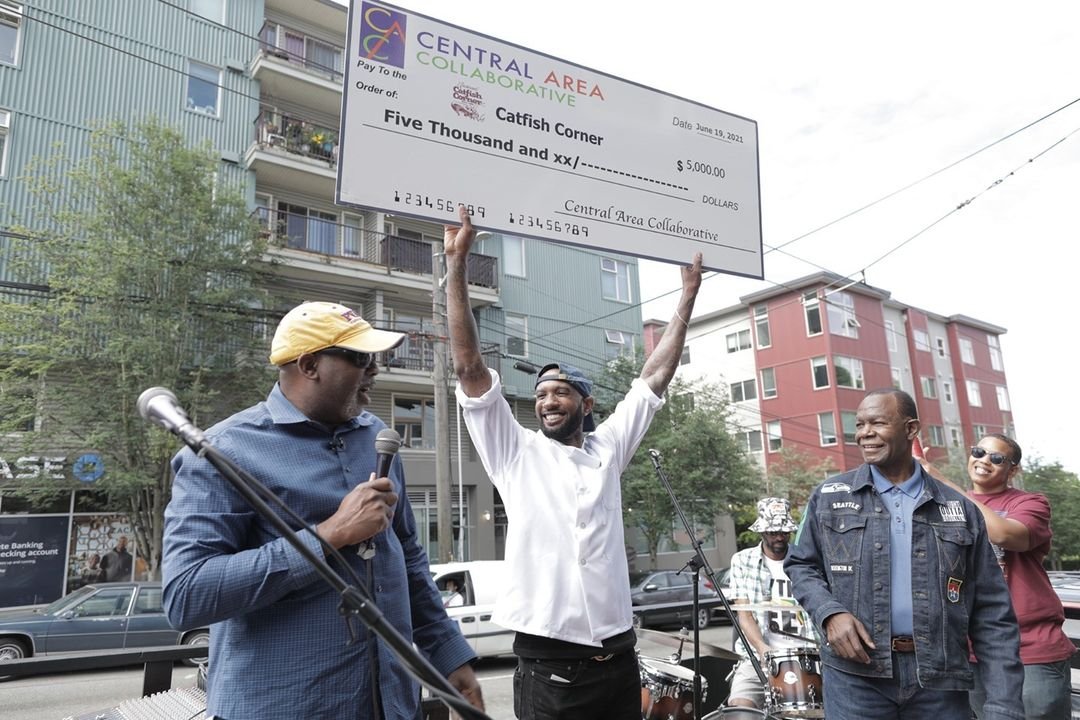
Though Seattle may seem like a highly connected city, some of our most vulnerable residents lack consistent access to computers, smart phones, and reliable internet. To amplify and understand the needs of these residents, Community Liaisons partnered with members of the City of Seattle’s Internet for All Working Group to create a series of short videos highlighting the challenges our neighbors have faced over the past year.
Why did you choose to tell this particular story?
COVID has had numerous impacts on the Asian American Pacific Islanders (AAPI) especially the Vietnamese community here in Seattle. Due to the increase of hate crimes on the AAPI community, a lot of Asians (especially elders) are afraid to leave their home. COVID has already shown how lonely it can get when we have to quarantine ourselves, but it has also exposed the disparity of digital access and education in our communities. Khang’s story of the work that Vietnamese American Community of Seattle South King County (VACSSKC), one group trying to close this gap, is an example of how we can alleviate the mental health issues that occurs in the community and how we can make things better for our community during this time.
If you could see one digital gap problem solved in the next ten years, what would it be? Dream big.
The dream would be that everyone in Seattle has access and knows how to stay connected in the digital world. That means access to affordable computers, phones, tablets, laptops and fast speed internet. This could also look like “Digital Centers/Hubs” all over Seattle, where people could go and gain access to hardware and programs.
There would be numerous programs to help and educate our community on how to access and utilize these outlets. These digital access programs would also have an equity lens and provide in-language support and multicultural staff. Ethnic groups like VACSSKC would be involved in the planning and development of these programs.
Community Liaisons are contractors to the City who help with planning and carrying out engagement with hard-to-reach populations. The program is based on the trusted advocate model and each Community Liaison is part of the community where they support the City’s efforts. For this effort, Community Liaisons worked with a UW instructor to learn the nuts and bolts of storytelling through video and took those skills out to the communities they know to hear their stories and challenges. This work is part of the Digital Navigator Cohort Project.


